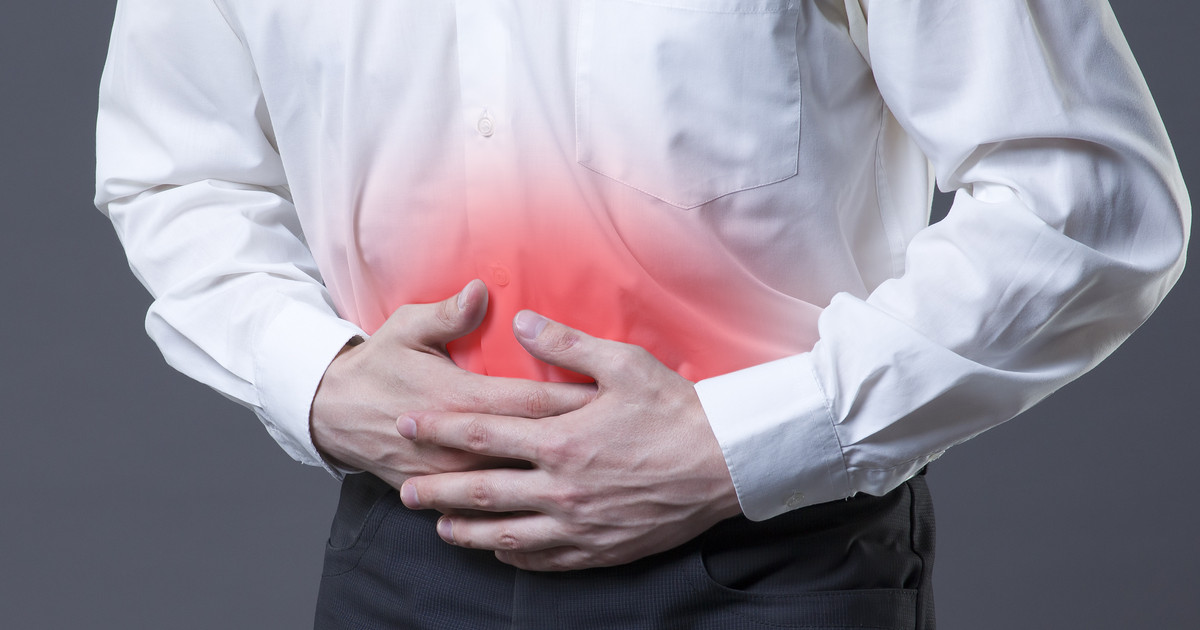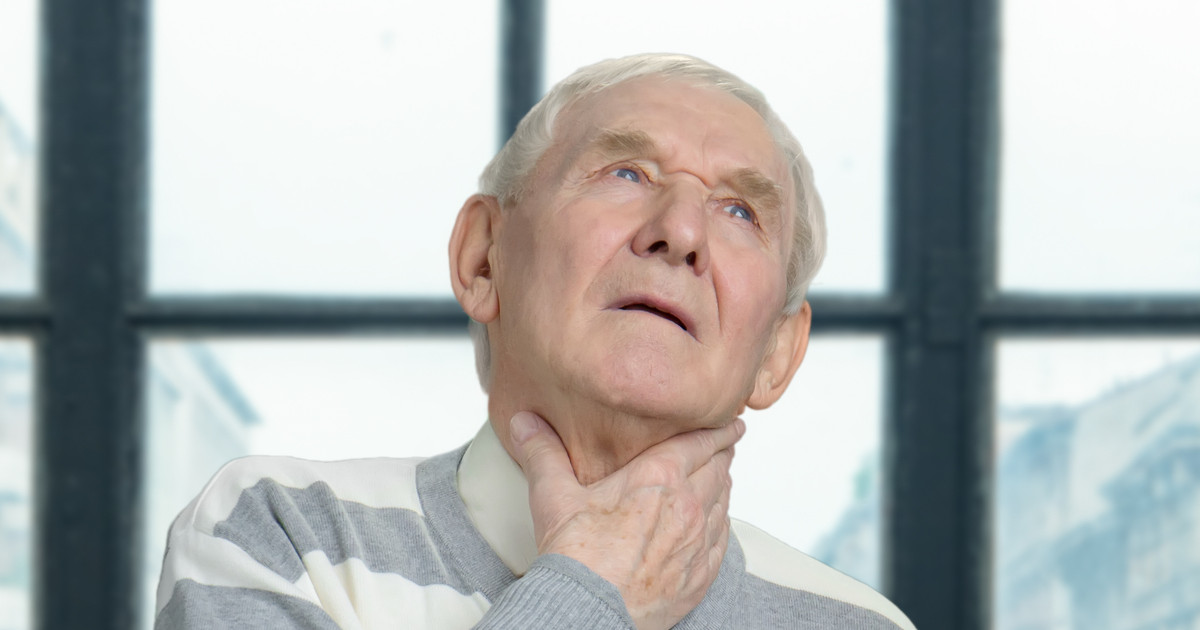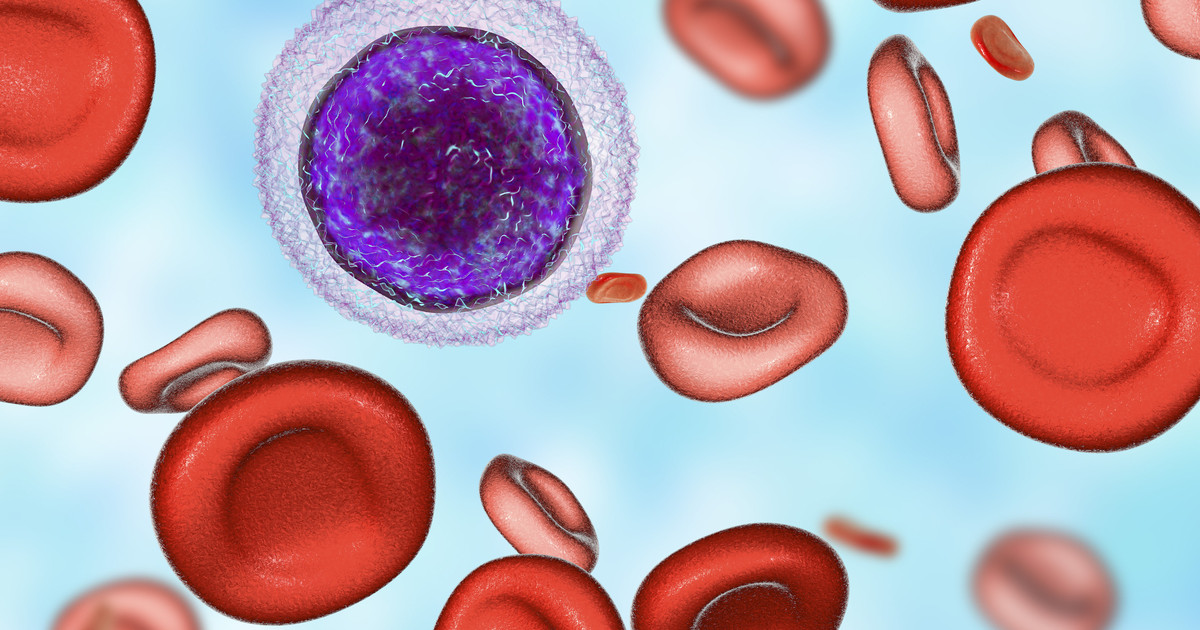Signs And Symptoms Of Stomach Cancer
Stomach cancer, as the name suggests, is a form of cancer that begins in the stomach cells. It is also referred to as adenocarcinoma. This kind of cancer occurs when DNA damage in these cells makes the cells grow and multiply faster as well as live longer, crowding out healthy cells. Factors such are obesity, inherited health conditions, smoking, and some infections all increase an individual’s risk of developing stomach cancer. Unfortunately, stomach cancer is rarely caught early, since early stages often do not show symptoms.
Stomach cancer treatment includes the standard cancer cures, including chemotherapy, radiation, tumor removal surgery, and even targeted immunotherapy. Patients often deal with barium swallows, CT scans, and exploratory surgery throughout their treatment for stomach cancer.
Stomach Pain And Bloating
Stomach cancer patients may deal with bloating and pain in their stomach due to their condition. Those who experience stomach pain due to cancer have described it as a burning in the upper abdomen, which is comparable to stomach ulcer pain. Others, however, say the pain is like a persistent gnawing, almost as if they were constantly hungry to the point of pain. Certain forms of stomach cancer may manifest as a dull aching pain instead.
Bloating due to stomach cancer most often occurs after patients eat food. However, the bloating can sometimes be linked to ascites, which is the abnormal accumulation of fluid in the abdomen. Ascites is often caused by a tumor on the outer stomach tissue that results in bleeding. It has also occurred with stomach cancer that has spread to the lymph nodes.
Get more information on digestive symptoms of stomach cancer next.

Indigestion And Heartburn
Heartburn and indigestion are 2 symptoms of stomach cancer that will often appear together. They can, however, be indicative of other conditions. That said, heartburn and indigestion become quite concerning when individuals deal with them persistently for at least 3 weeks. The burning sensation must also be severe over this time to be a serious warning sign of stomach cancer.
These symptoms appear in stomach cancer because the cancerous stomach tumors may force the stomach to produce excessive amounts of acid. This acid will then travel back up into the esophagus. Tumors can also take up a large amount of space in the stomach, forcing the existing acid to flow back into the esophagus as well. It is also worth noting that individuals who deal with heartburn and indigestion fairly often are at an increased risk of stomach ulcers and developing stomach cancer than others.
Learn about the influence of stomach cancer on appetite next.

Feeling Full Faster
Tumors in the stomach due to stomach cancer may cause patients to feel full after eating small amounts of food. This can occur for several reasons. One is the tumor may block part of the area where food goes from the stomach to the small intestine. Tumors may also compress part of the large intestine, delaying the emptying of the stomach even more. Stomach cancer may also cause damage to the nerves and tissues that get food to move from the stomach to the small intestine. All of these make it harder for the stomach to empty, which means individuals will feel full faster and for longer.
The esophagus shows another symptom of stomach cancer. Find out more next.

Issues Swallowing
Patients with stomach cancer can also deal with issues swallowing as one of their symptoms. This is because these cancerous tumors can grow at the top of the stomach and esophagus, creating a narrowing path for food to reach the stomach. This makes it harder for them. Stomach cancer can also compromise the nerves in the esophagus that are responsible for swallowing. When these nerves are damaged due to the growth of cancerous tissue, they may not signal the muscles to contract correctly when swallowing. The tissue may also physically prevent the muscles from contracting properly. All of this makes it harder for stomach cancer patients to swallow their food.
Read more about the symptoms of stomach cancer now.

Nausea And Vomiting
As mentioned, stomach tumors take up room in the stomach, reducing what’s available for food. This delays the stomach emptying and is fairly painful. It also triggers a fair amount of nausea in the patients. Many patients find this may be relieved by vomiting. In addition to this, the food stuck in the stomach can ferment. When this happens, harmful bacteria often grow in the stomach, which can also result in nausea and vomiting. Another reason why nausea and vomiting occur due to stomach cancer is the food sitting in the stomach may also form a bezoar that causes an obstruction. A stomach tumor bleeding will also irritate the stomach and force nausea and vomiting.
Learn about what sign of stomach cancer to look for in weight next.

Unintended Weight Loss
Patients who have stomach cancer may also deal with extreme and unintended weight loss of over 10 percent of their body weight. Feeling full faster is a big contributor to this, since it means patients are eating fewer calories. The stomach tumors patients often have also press on the intestines and make them feel bloated, which also reduces their appetite a fair amount. Stomach tumors also compromise signals of hunger sent to the brain. This also means the amount of food patients eat lessens. The body will then use existing fat stores to provide energy, resulting in extreme weight loss when this continues for extended periods.
Discover how stool is affected next.

Blood In The Stool
It is very clear that stomach cancer can cause serious damage to the patient’s stomach, intestines, and esophagus. What many may not realize, however, is the linings of all of these get blood through many tiny blood vessels. These blood vessels are quite fragile and the cancerous cells may make them burst, releasing blood into the stomach and intestines. This blood isn’t reabsorbed from the stool, which means it instead leaves the body along with the stool. Thus, a key symptom of stomach cancer is seeing blood in the stool.
If the burst blood vessels occur in the first part of the digestive tract, the stool will often look like coffee grounds when it exits the body. The stool appears this way because the blood has time to clot before it leaves the body. Bright red blood is rarely seen in the stool due to stomach cancer. That is, unless the cancer has metastasized as in the last part of the large intestine.
Find out how the skin can show stomach cancer symptoms next.

Jaundice
When stomach cancer spreads, it most often appears in the liver more than other organs in the body. This is why jaundice is a symptom seen due to stomach cancer. As a reminder, jaundice is when the skin or whites of the eyes get a yellow tint. This yellow tint is the result of bilirubin, which has a strong yellow pigment to it. The liver is the organ responsible for producing bilirubin. Bilirubin turns into bile, which normally moves to the gallbladder and then onto the small intestine.
When stomach cancer invades the liver, the bile duct can be obstructed, which causes bile to build up in the gallbladder and liver. If these organs are filled, bilirubin spills into the bloodstream. This may leech into the skin, giving it the yellow tint of jaundice.
Get the details on energy symptoms next.

Persistent Fatigue
Individuals with stomach cancer may also find they are more fatigued than what would be considered normal. This may seem like an unusual symptom to appear with stomach cancer, but there is a big reason for it. Stomach cancer, we know, causes problems with an individual’s ability to digest food properly in many ways. When individuals do not digest enough food, they cannot get the nutrients they need for the cells in their body to function normally. One such nutrient is glucose. Not getting enough glucose means the cells cannot produce enough energy for the body, causing fatigue.
In addition to this, cancerous cells require nutrients like glucose and oxygen to grow and multiply. Because they do this at fast rates, they often take the nutrients healthy cells need, once again leaving those cells short. When there is an energy shortage in the body, the energy that does exist is directed to vital organs to keep them functioning instead of the limbs.
Find out what symptoms red blood cells show next.

Anemia
Stomach cancer patients may experience anemia as a symptom of their condition. Anemia is when the body does not have enough healthy red blood cells. It may appear due to stomach cancer because affected individuals often have problems absorbing minerals from the food they eat. This malabsorption is because of the cancerous cells damaging the lining of their small intestine.
If the body cannot absorb enough iron, it results in anemia, since iron is necessary to produce red blood cells. Anemia may also be triggered in stomach cancer because of damage to the small blood vessels in the body and excessive bleeding, both of which deplete red blood cells flowing throughout the body.
